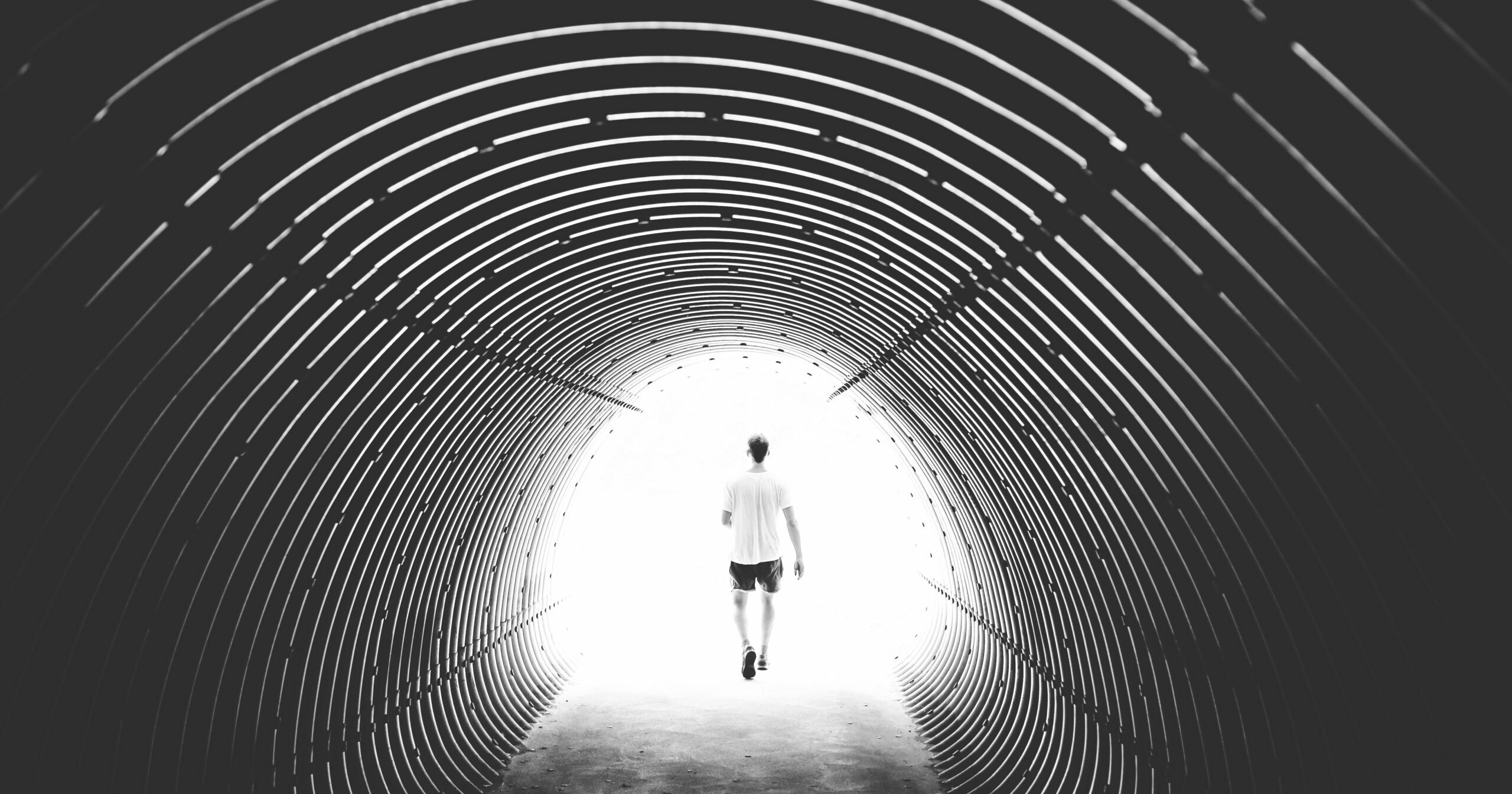
Some patients recall death experiences after heart attacks
In an article in the journal Resuscitation, some survivors of cardiac arrest have described lucid death experiences that occurred while they appeared to be unconscious.
Despite immediate treatment, fewer than 10% of the 567 patients studied, who received CPR in the hospital, recovered sufficiently to be discharged. Four in 10 of patients who survived, however, recalled some degree of consciousness during CPR not captured by standard measures.
The study also found that in a subset of these patients, nearly 40% had brain activity that returned to normal, or nearly normal, from a “flatline” state, at points even an hour into CPR. As captured by EEG, a technology that records brain activity with electrodes, the patients saw spikes in the gamma, delta, theta, alpha, and beta waves associated with higher mental function.
Survivors have long reported having heightened awareness and powerful, lucid experiences, say the study authors. These have included a perception of separation from the body, observing events without pain or distress, and a meaningful evaluation of their actions and relationships. This new work found these experiences of death to be different from hallucinations, delusions, illusions, dreams, or CPR-induced consciousness.
The study authors hypothesize that the “flatlined,” dying brain removes natural inhibitory (braking) systems. These processes, known collectively as disinhibition, may open access to “new dimensions of reality,” they say, including lucid recall of all stored memories from early childhood to death, evaluated from the perspective of morality. While no one knows the evolutionary purpose of this phenomenon, it “opens the door to a systematic exploration of what happens when a person dies.”
Senior study author Sam Parnia, of NYU Langone Health, says: “Although doctors have long thought that the brain suffers permanent damage about 10 minutes after the heart stops supplying it with oxygen, our work found that the brain can show signs of electrical recovery long into ongoing CPR. This is the first large study to show that these recollections and brain wave changes may be signs of universal, shared elements of so-called near-death experiences.”
The authors conclude that research to date has neither proved nor disproved the reality or meaning of patients’ experiences and claims of awareness in relation to death. They say the recalled experience surrounding death merits further empirical investigation. They plan to conduct studies that more precisely define biomarkers of clinical consciousness and that monitor the long-term psychological effects of resuscitation after cardiac arrest.
